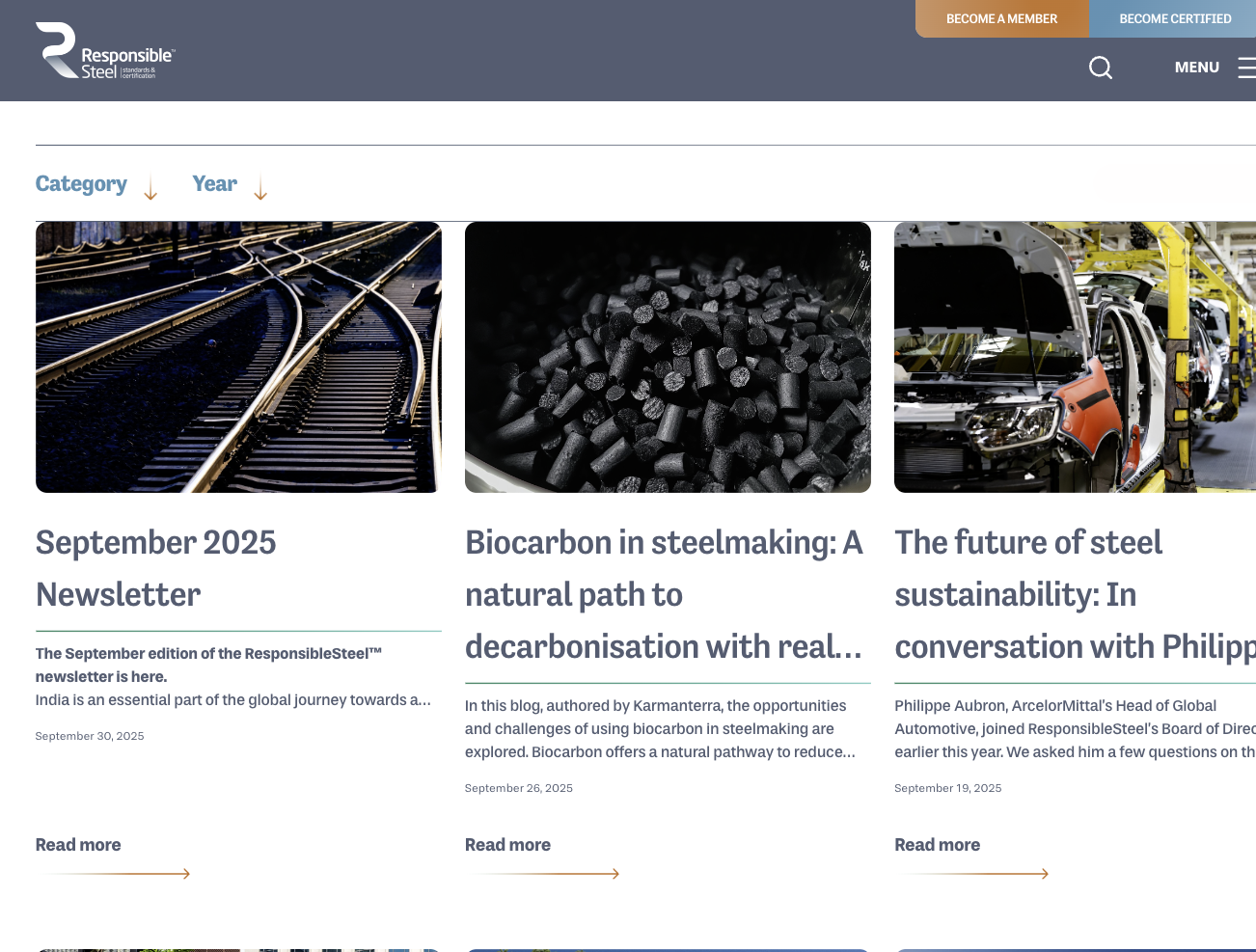In the face of escalating climate change challenges, the need for innovative and sustainable solutions has never been more urgent. As we've discussed here and has argued by numerous other scientists, ecologists, and environmentalists, biochar's potential extends far beyond being a mere carbon removal tool. This transformative substance holds the key to creating resilient ecosystems capable of withstanding the imminent changes brought about by climate change. One of biochar's most significant contributions to ecosystem resilience lies in its ability to enhance soil health and fertility. When incorporated into soils, biochar improves water retention, nutrient availability, and microbial activity. These soil enhancements provide a fertile ground for plant growth, fostering biodiversity and supporting the development of robust ecosystems.
Mitigating Climate-Related Risks
Climate change brings about a host of challenges, from extreme weather events to shifts in precipitation patterns. Biochar, by promoting water retention in soils, helps mitigate the impacts of droughts and floods. This water regulation capacity is crucial for plants and ecosystems to adapt to changing climate conditions, ensuring their survival in the face of adversity. While biochar is effective in sequestering carbon, its application also helps reduce greenhouse gas emissions from soils. By enhancing soil structure and microbial activity, biochar minimizes the release of nitrous oxide, a potent greenhouse gas. This dual action – sequestering carbon and reducing emissions – positions biochar as a powerful ally in the fight against climate change.
Supporting Sustainable Agriculture
The agricultural sector plays a pivotal role in the global ecosystem, and its resilience is essential for food security. Biochar, when integrated into agricultural practices, enhances nutrient cycling, reduces the need for synthetic fertilizers, and improves crop yields. These benefits not only contribute to sustainable farming but also support the development of resilient agricultural systems capable of adapting to a changing climate. At Karmanterra, we are developing additional biostimulant enhanced "biocarbons" that specifically target nutrient-poor, saline, and alkaline soils to improve the already tremendous benefits and outcomes that infusing biochar into the soil brings. By targeting core deficiencies in soils like those present in USA, Saudi Arabia, the UAE, and many other countries around the world, we hope to further build resiliency and future proof these critical systems.
As we confront the challenges of a rapidly changing climate, the importance of holistic and sustainable solutions cannot be overstated. Biochar, with its multifaceted benefits, stands out as a key player in creating resilient ecosystems. Beyond its role in carbon removal, biochar contributes to enhanced soil health, climate risk mitigation, and sustainable agriculture. By embracing the potential of biochar, we will take significant steps toward building a more resilient and adaptive future for our planet.

















